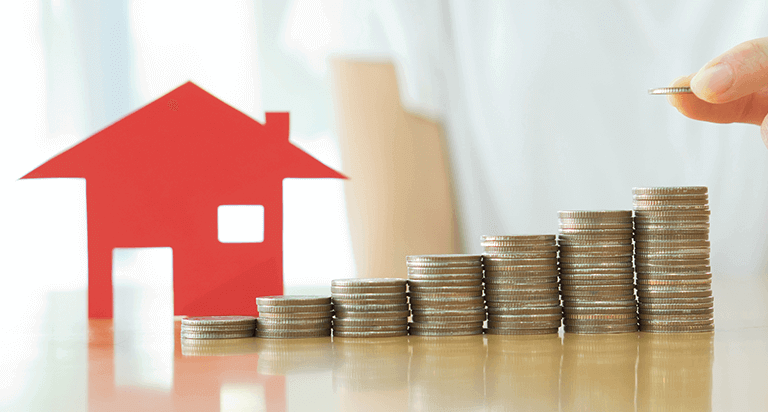Why Your Credit Scores May Drop After Paying Off Debt
Highlights:
- It’s possible that you could see your credit scores drop after fulfilling your payment obligations on a loan or credit card debt.
- Paying off debt might lower your credit scores if removing the debt affects certain factors like your credit mix, the length of your credit history or your credit utilization ratio.
- While in some cases your credit scores may dip slightly from paying off debt, that doesn’t mean you should ever ignore what you owe.
While paying off your debts often helps improve your credit scores, this isn’t always the case. It’s possible that you could see your credit scores drop after fulfilling your payment obligations on a loan or credit card debt.
However, that doesn’t mean you should ignore what you owe. The benefits of paying your debts are far greater than the drop that you may see in your credit scores, and the negative impact is likely to be temporary.
What elements affect my credit scores?
To better understand why you could see lower credit scores after paying off debt, consider the elements that go into calculating your scores.
Your credit scores are based on information from your credit reports, which are generated by each of the three nationwide consumer reporting agencies (CRAs). The nationwide CRAs — Equifax, TransUnion and Experian — receive information about your lines of credit such as personal loans, credit cards and auto and mortgage loans.
Your credit scores are then calculated based on a formula that determines your creditworthiness, or how likely you are to make your debt payments on time. Credit scores are one factor that lenders may consider when deciding whether to extend credit to you.
There are many formulas used to calculate credit scores. However, most consider the following factors:
- Payment history. Your payment history shows how you have repaid credit in the past. Certain behaviors, such as late or missed payments, can have a negative impact on your scores.
- Length of credit history. Your credit reports track the amount of time your credit accounts have been active. A longer credit history can have a positive effect on your scores.
- Newer lines of credit. Any recent credit accounts you have opened are also taken into consideration when calculating your credit scores.
- Credit mix. Your mix of credit accounts — including loans, credit cards and mortgages — is generally considered when calculating your scores, and a diverse credit portfolio can have a favorable impact.
- Credit utilization ratio. The amount of revolving credit you’re using divided by the total credit available to you is known as your credit utilization ratio and can also have an impact on your scores.
Why might my credit scores drop after paying off debts?
Paying off debt might lower your credit scores if removing the debt affects certain factors such as your credit mix, the length of your credit history or your credit utilization ratio.
For example, paying off your only installment loan, such as an auto loan or mortgage, could negatively impact your credit scores by decreasing the diversity of your credit mix. Creditors like to see that you can responsibly manage different types of debt. Paying off your only line of installment credit reduces your credit mix and may ultimately decrease your credit scores.
Similarly, if you pay off a credit card debt and close the account entirely, your scores could drop. This is because your total available credit is lowered when you close a line of credit, which could result in a higher credit utilization ratio. Additionally, if the account you closed was your oldest line of credit, it could negatively impact the length of your credit history and cause a drop in your scores.
When will my credit scores improve after paying off my debts?
Paying off debt is more likely to help your credit scores than to hurt them. You are likely to see your credit scores improve after paying off debt unless the debt you repaid meets the unique criteria listed above.
How long after paying off debt will my credit scores change?
The three nationwide CRAs generally receive new information from your creditors and lenders every 30 to 45 days. If you’ve recently paid off a debt, it may take more than a month to see any changes in your credit scores.
You can receive free Equifax credit reports with a myEquifax account. You can also get free credit reports annually from the three nationwide consumer reporting agencies - Equifax, TransUnion and Experian - at AnnualCreditReport.com.
Should I always pay off my debt?
While in some cases your credit scores may dip slightly from paying off debt, that doesn’t mean you should ever ignore what you owe.
Generally speaking, the damage to your credit scores that may result from paying off debt is unlikely to be permanent. It’s always a good idea to keep up with your debt payments and repay what you owe. The long-term benefits to your credit scores and the ability to live debt-free are well worth it.

